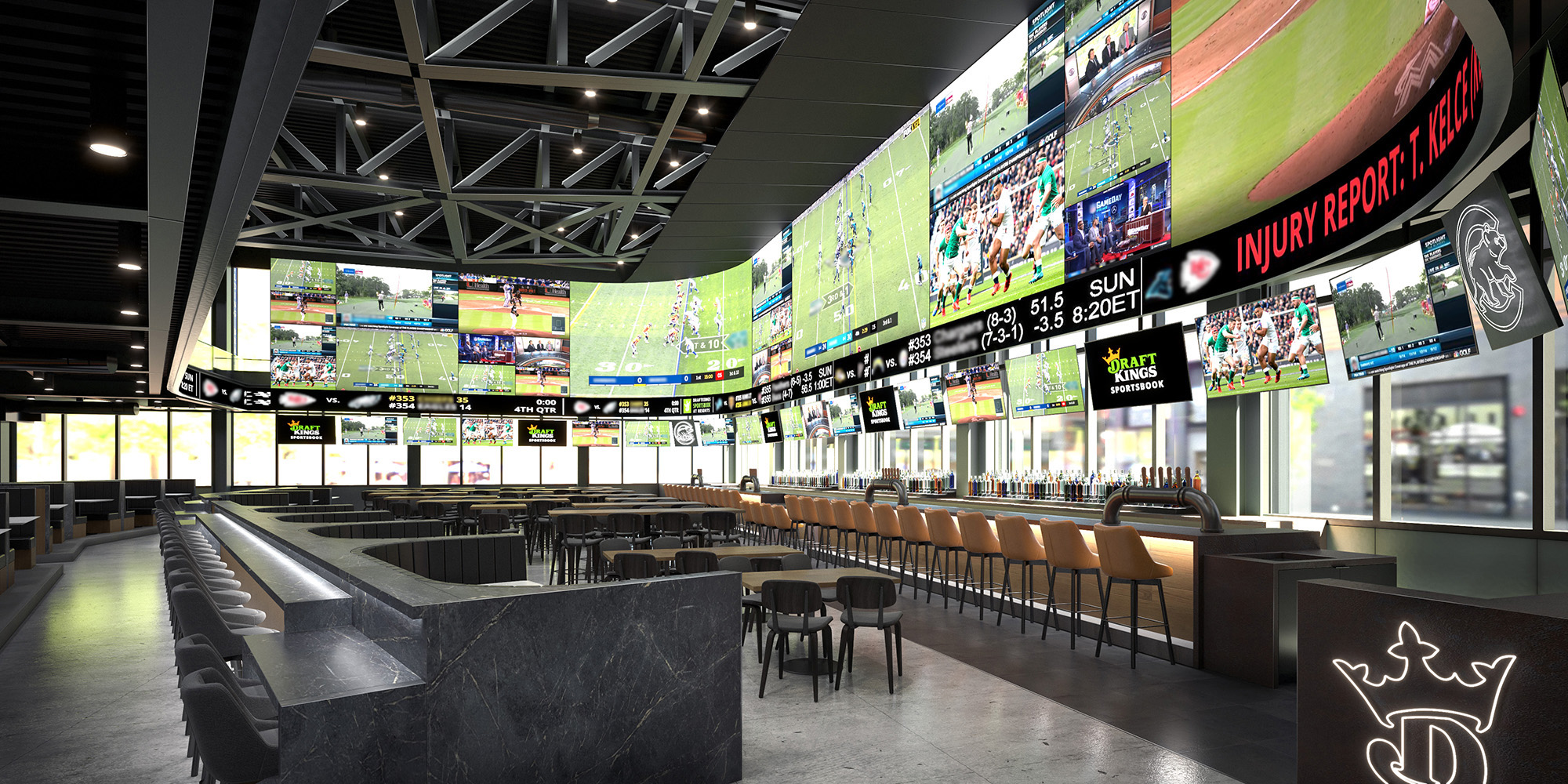
A sportsbook is a gambling establishment that accepts bets on various sporting events. Most bets are placed on the outcome of a particular game, such as a football match or a basketball match. A sportsbook makes money by charging a percentage of the bets it takes, which is known as vig. A reputable sportsbook offers odds on all major sporting events and leagues, including NFL and MLB games. It also offers a variety of other betting options, such as prop bets and futures.
Getting started with a sportsbook can be intimidating for a newcomer, but it’s not as hard as it may seem. The first step is to determine your budget and understand the size of the market you’re entering. Then, you’ll need to choose a technology provider that will be compatible with your business model. You should also consider the user experience and how easy it will be for your users to use your app.
One important consideration when deciding to launch a sportsbook is whether you want to host it on your own site or go with a white-label solution. Choosing a third-party provider is generally cheaper in the short term, but it can lead to higher operating costs down the road. White-label solutions also require a high level of communication between you and the provider, which can be frustrating.
If you choose to host a sportsbook on your own website, make sure you have the technical resources and bandwidth to handle the demand during peak times. A crashing or unreliable sportsbook will turn away bettors, and it’s essential to have a reliable platform that will scale with your business.
Another factor to consider is the type of betting markets you’re interested in offering. Some sportsbooks offer multiple betting markets for the same event, while others focus on a limited number of markets. A diversified sportsbook will attract more bettors and increase your profits.
A sportsbook’s profit margins depend on its ability to balance the risk on either side of a bet. To do this, they price their bets with point-spreads or moneyline odds that reflect the true expected probability of a particular outcome. This prevents bettors from making outsized gains on either side of the spread, while ensuring that the sportsbook collects the appropriate amount of moneyline vig in the long run.
In-game linemaking is especially challenging for sportsbooks, which must constantly update their lines throughout a game as the market changes. If a sportsbook does not have the right system in place to do this, it can lose a lot of money and even shut down during busy periods. To avoid this, sportsbooks need to work with a trusted partner that can help them keep their bets up to date. In addition, they need to work with a team that can create a customized betting software that will fit their specific needs. This is particularly important when it comes to implementing custom odds or markets.